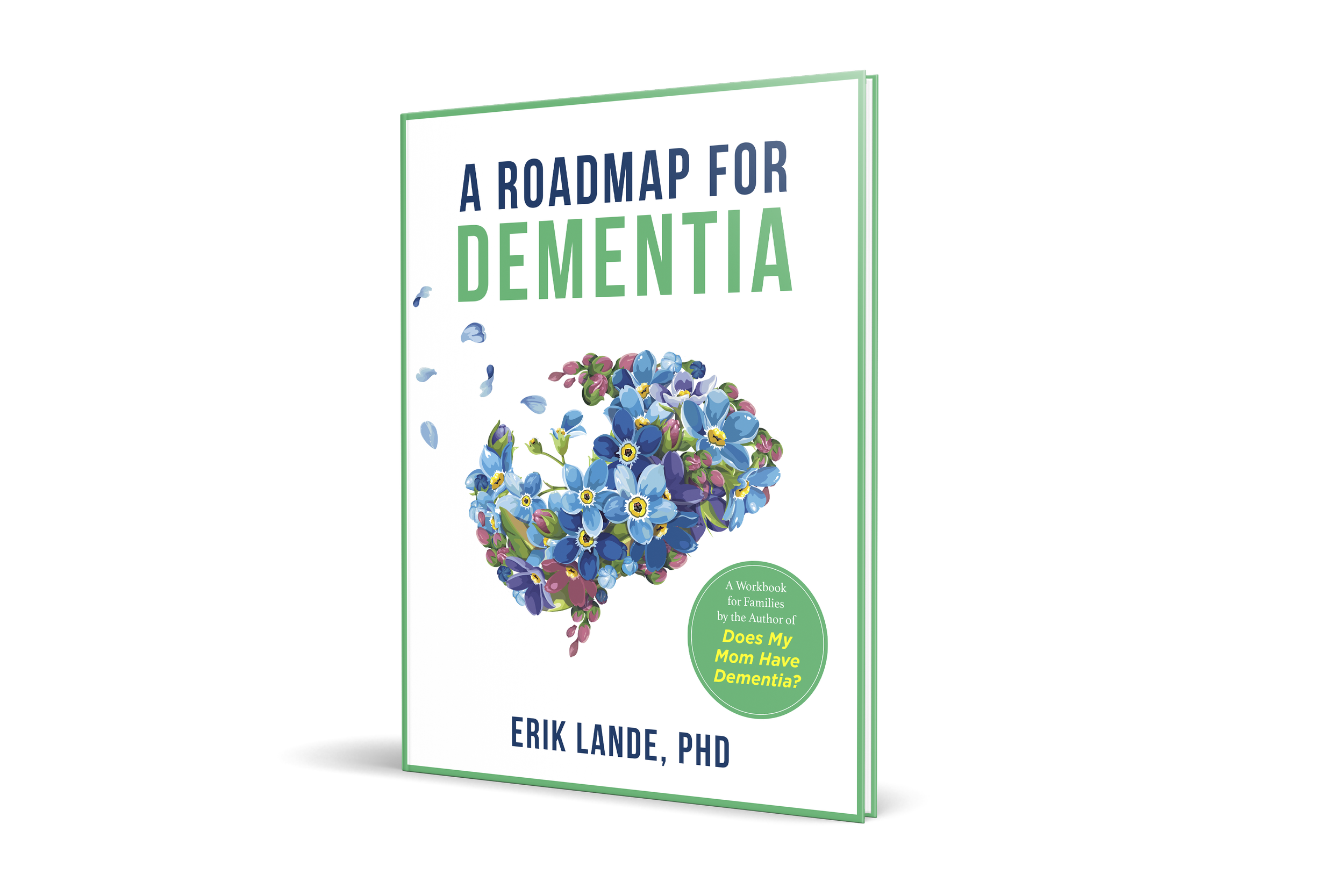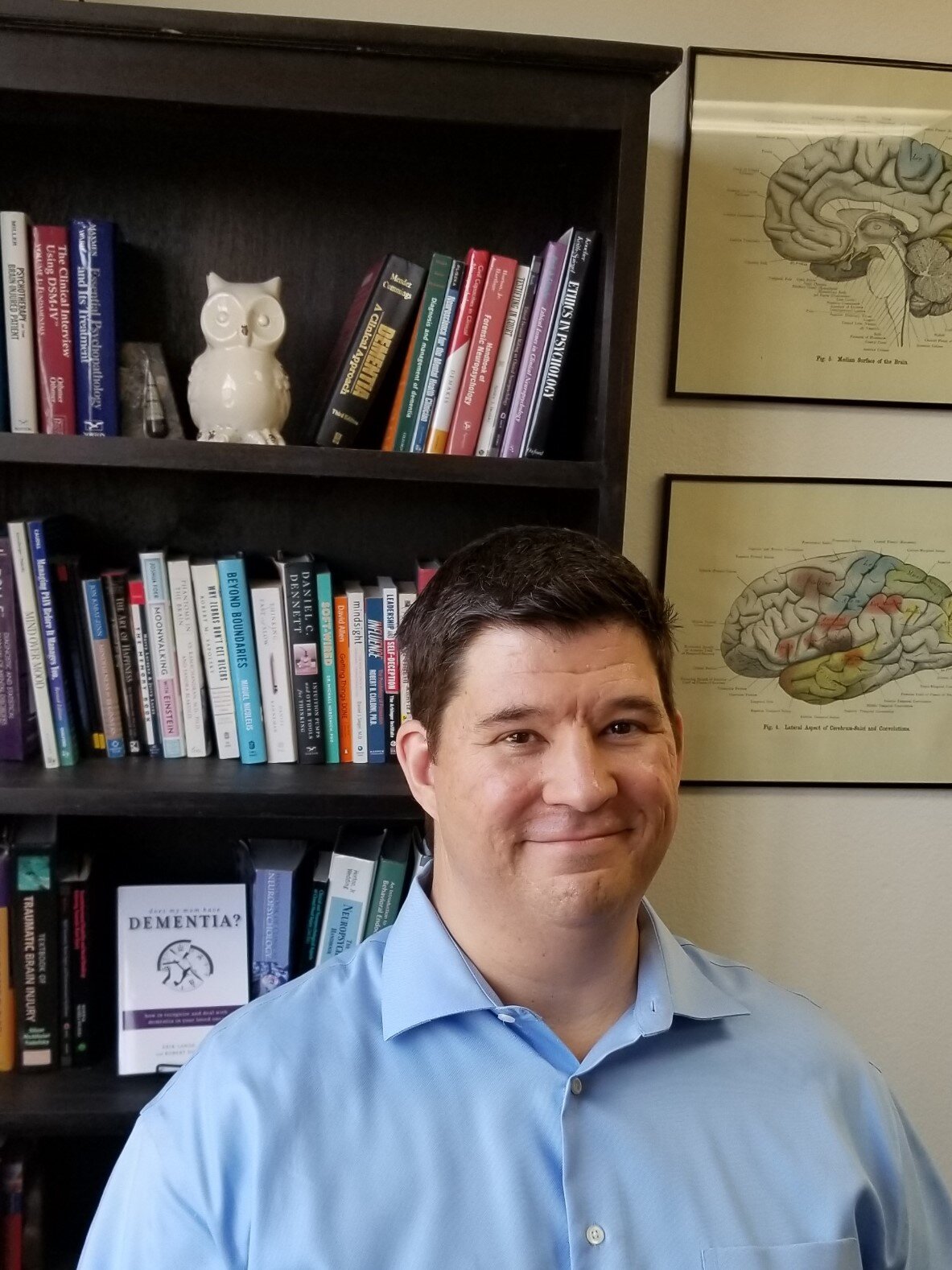Do You Recognize the Early Warning Signs of Dementia?
Need Straightforward Tools to Help a Loved One With Dementia?
Exciting news then! The second edition of our book, “Does My Mom Have Dementia?” is now out. In addition, I have written a workbook that can accompany the book or stand on its own. It offers tools and worksheets to help make your loved one more comfortable and to help you and your family cope better with the situation.
Sometimes we have concerns about loved ones or ourselves:
Was that really just a senior moment?
Are my memory lapses serious?
Why can’t she think of the word she wants?
There are many normal changes in thinking abilities that occur as we age. Primarily we experience slowed speed of information processing. This means it may take longer for us to learn new information or figure things out.
We also start to struggle with more complex concentration. Think about driving. Do you drive a bit slower now then when you were young? That’s because your brain is automatically adjusting your behavior to match your abilities. Your brain is having a bit more trouble keeping track of what is happening around it, so you need to drive a bit slower.
These two issues, slowed processing and decreased complex attention, are actually the reason many of us think that we lose our memory as we age. We really don’t, but it is easier to be distracted or rushed. If we can’t pay adequate attention we are not going to remember something later, as we never learned it in the first place.
True memory loss is a serious issue. Our book, “Does My Mom Have Dementia” can help you recognize this when it is present and also help you consider other factors contributing to your brain’s current state of health. Being informed is one of best things you can do to keep your brain and your loved ones’ brain strong as we all age.
Everyone deserves to understand their brain, how it ages, and is it healthy. Our books provide a roadmap to help you determine if you should be concerned and how you can help yourself and your loved ones. This includes learning about the types of dementia, conditions that can be mistaken for dementia, how to interact with doctors, and what treatments and care is out here.
Our new workbook helps to provide worksheets and tools to support you and your loved one with that the stresses that can arise with dementia, be it due to Alzheimer’s disease, vascular disease or Lewy body disease.
In particular, “A Roadmap for Dementia“ provides tools to help:
Create a memory book to support your loved one and assist caregivers
Develop a strategy to understand behaviors seen in dementia
Learn to cope with agitation and psychosis
and for communicating effectively with your loved ones with dementia
Perhaps you are more of a watcher than a reader
We have also created a series of online video classes focused on understanding the brain and dementia, caregiving strategies, how to keep our brains strong, and even a video course on how to make the holidays a little easier for your loved one with dementia.









